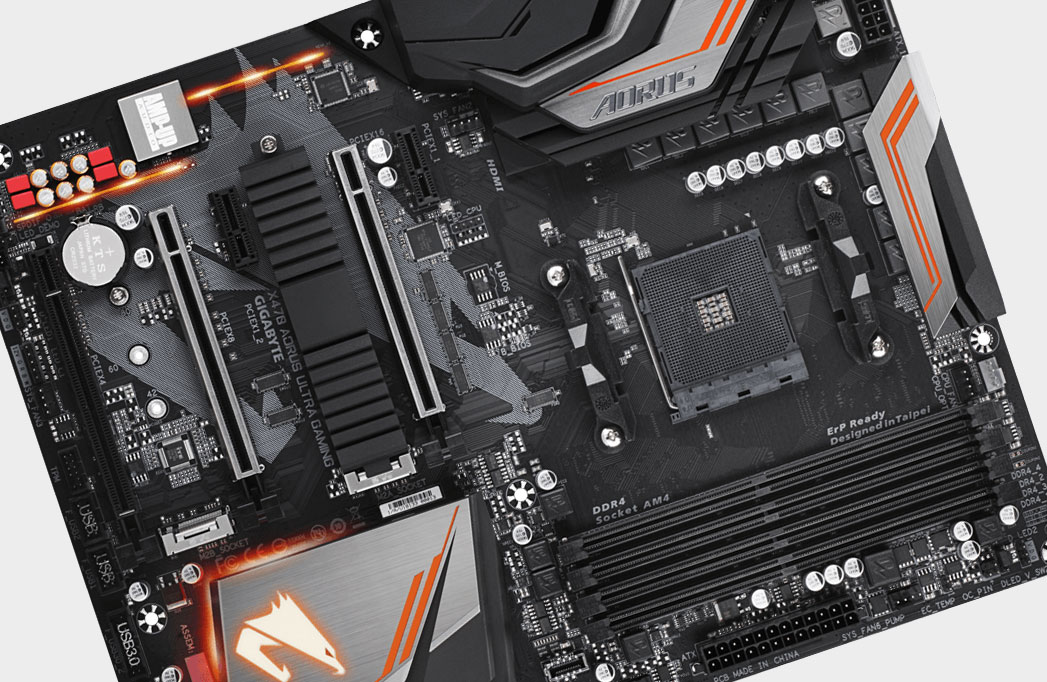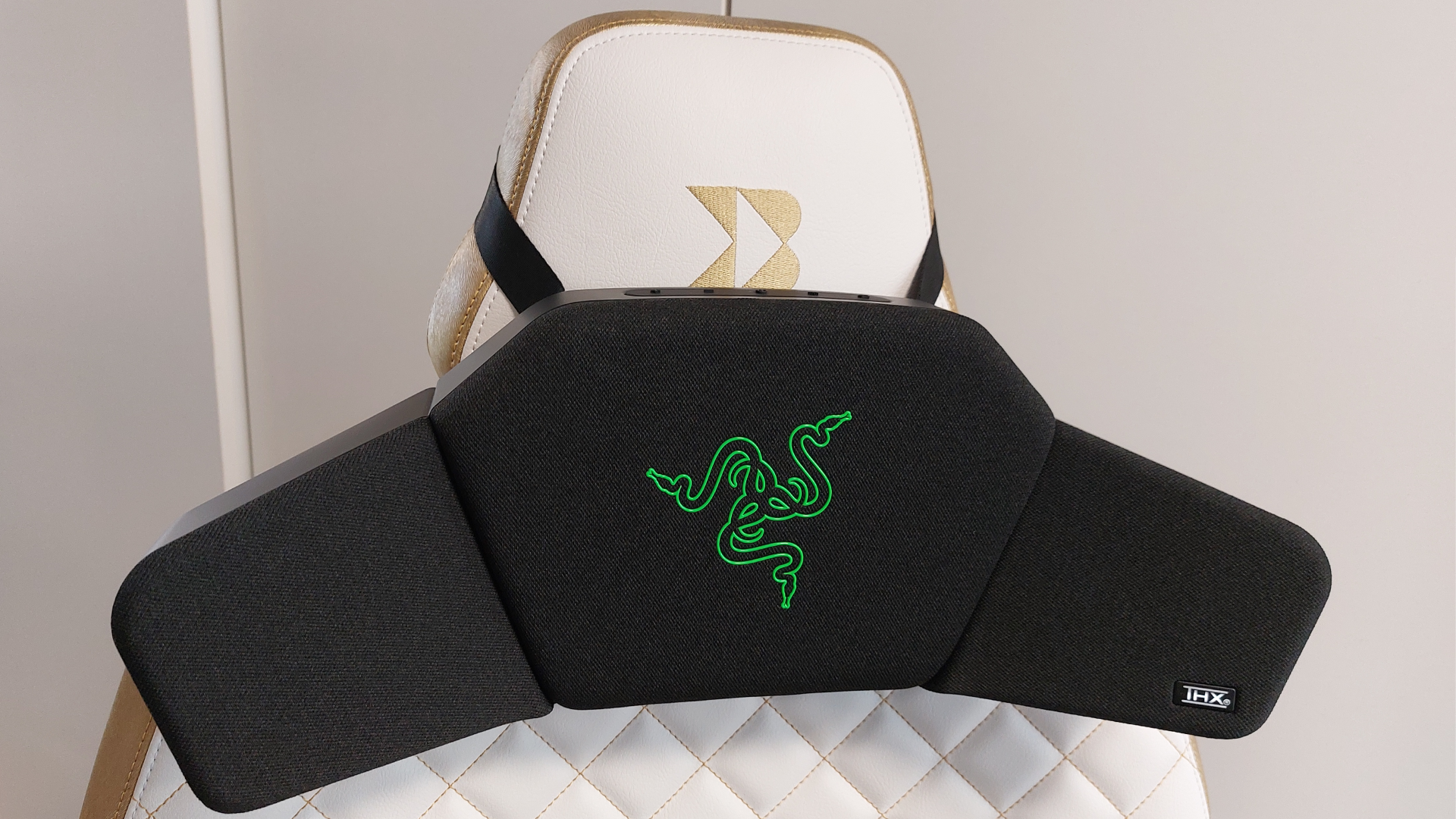AMD has decided to block PCIe 4.0 support on all pre-X570 motherboards
If you want PCIe Gen 4 support that comes with third-gen Ryzen, you'll need to upgrade your motherboard too.

One of the perks of AMD's recently announced third-generation Ryzen 3000 CPU lineup is support for PCI Express 4.0, a faster bus protocol that paves the way for speedier graphics cards and quicker NVMe solid state drives. Support for PCIe 4.0 is baked into AMD's new X570 chipset. Up until now, manufacturers of the best gaming motherboards had the option of releasing BIOS updates for older models to also support the feature, with AMD's blessing. However, AMD has decided to pivot on that idea.
While it's technically possible to enable PCIe 4.0 support on some previous generation motherboards (primarily higher end X470 and X370 models), the stringent signaling requirements mean that not all of them have that capability. As such, AMD says "the potential for confusion is too high," and so it's working with its hardware partners to remove PCIe 4.0 support from finalized BIOS updates on older boards.
AMD's senior technical marketing manager, Robert Hallock, explained the decision in a post on Reddit.
"This is an error we are correcting. Pre-X570 boards will not support PCIe Gen 4. There's no guarantee that older motherboards can reliably run the more stringent signaling requirements of Gen 4, and we simply cannot have a mix of 'yes, no, maybe' in the market for all the older motherboards. The potential for confusion is too high," Hallock explained.
"When final BIOSes are released for 3rd Gen Ryzen (AGESA 1000+), Gen 4 will not be an option anymore. We wish we could've enabled this backwards, but the risk is too great," Hallock added.
Previously, AMD left the decision in the hands of motherboard makers, and some chose to validate certain models for the faster spec. Gigabyte, for example, enabled PCIe 4.0 support on its X470 Aorus Gaming Wi-Fi 7 motherboard. Based on what Hallock posted, support will be reversed in a later BIOS update.
AMD provided a slightly expanded statement to our friends at TomsHardware.
Keep up to date with the most important stories and the best deals, as picked by the PC Gamer team.
"Users today may find a PCIe 4.0 option available in their pre-X570 motherboards. However, users should expect this option to be disabled when final retail BIOSes are released to implement full performance and stability for new 3rd Gen Ryzen processors," AMD said.
"As pre-X570 motherboards were not designed with PCIe 4.0 in mind, their designs may be incapable of running PCIe 4.0 signaling with the requisite stability and performance. To ensure a reliable and consistent experience in the field, PCIe 4.0 will not be an option ultimately available to pre-X570 motherboards. Users may continue with a beta BIOS if they desire, but performance and stability cannot be guaranteed," AMD added.
The requirements for PCIe 4.0 are indeed more stringent than they are for PCIe 3.0—wider motherboard traces and placement of traces on multiple layers of the PCB are necessary, according to what some motherboard makers told TomsHardware at Computex. Newer X570 models are built with this in mind.
Nevertheless, this is a bummer for anyone who might have opted to spend a premium on a top-shelf X470 or X370 motherboard, with the goal of future-proofing their setup. On the bright side, those boards will still support AMD's latest Ryzen processors, just not PCIe 4.0.
For the average user, that is not going to matter much. PCIe 4.0 doubles the bandwidth of PCIe 3.0, enabling faster and more flexible communication between the CPU and chipset, and certain devices. However, the PCIe bus is not much of a bottleneck for graphics cards right now, at least as it pertains to gaming performance.
In the here and now, PCIe 4.0 is a potentially bigger boon for storage, and we've already seen a few companies announce new NVMe SSDs that push sequential read speeds of around 5,000MB/s. That is incredibly fast for sure. At the same time, the effect on gaming is negligible. A SATA-based SSD is still good enough.
If you happen to have an older motherboard with a beta BIOS that adds support for PCIe 4.0, nobody's going to come knocking on your door to force another update. However, don't be surprised if PCIe 4.0 devices act wonky.
Paul has been playing PC games and raking his knuckles on computer hardware since the Commodore 64. He does not have any tattoos, but thinks it would be cool to get one that reads LOAD"*",8,1. In his off time, he rides motorcycles and wrestles alligators (only one of those is true).


